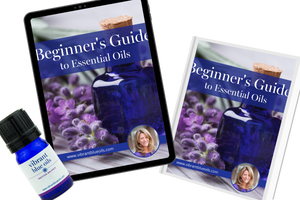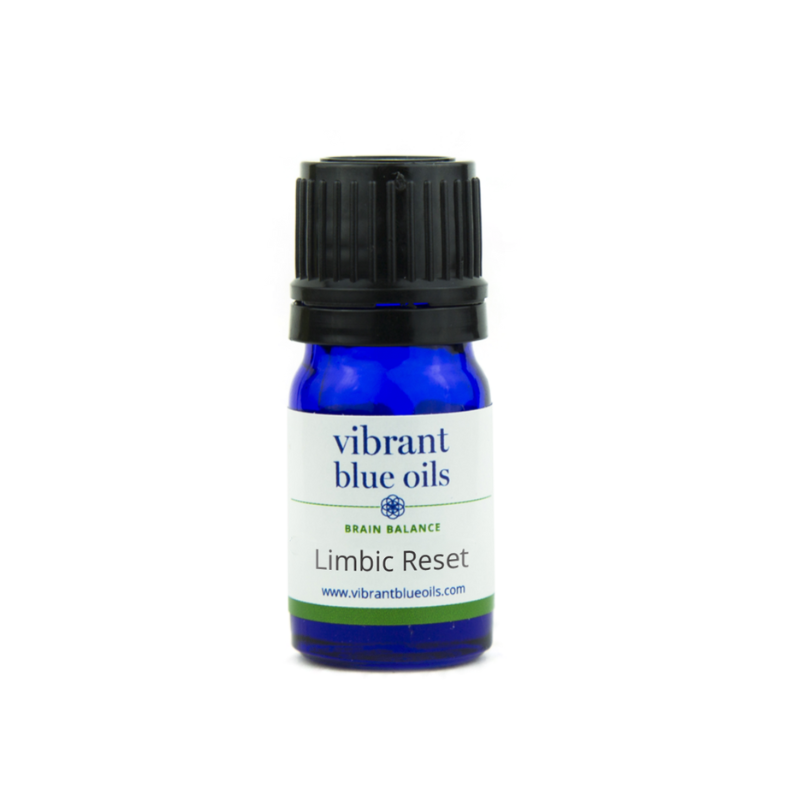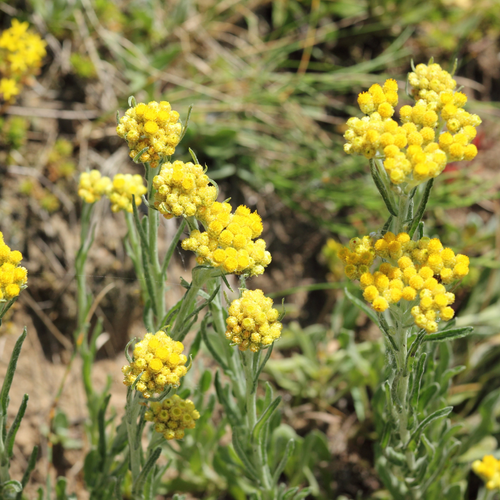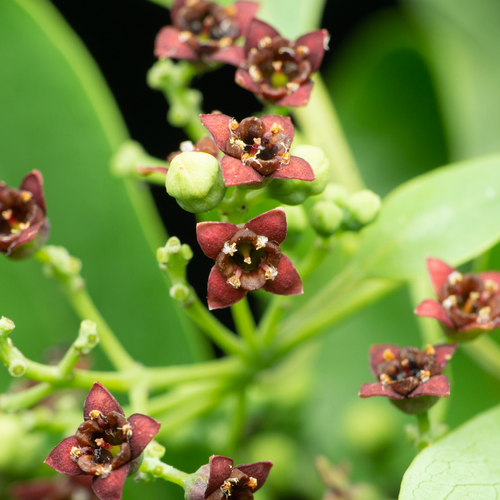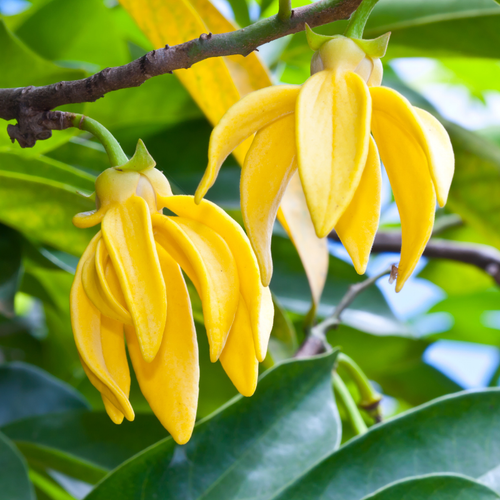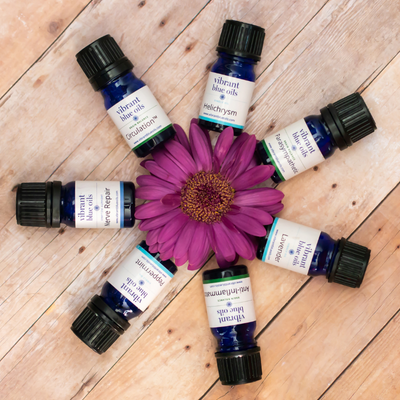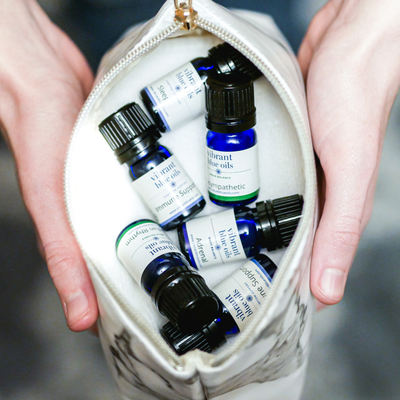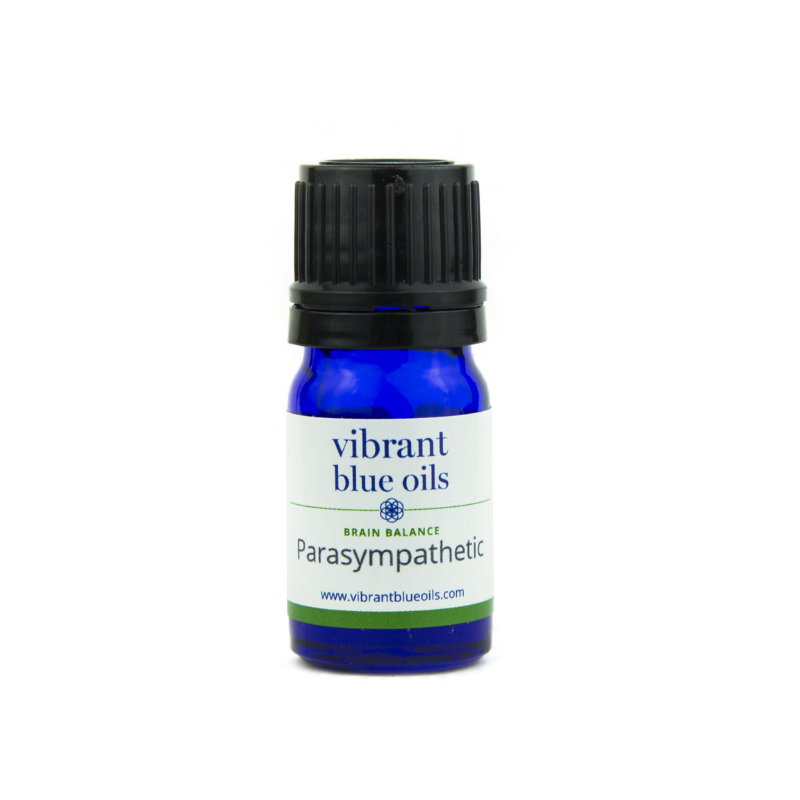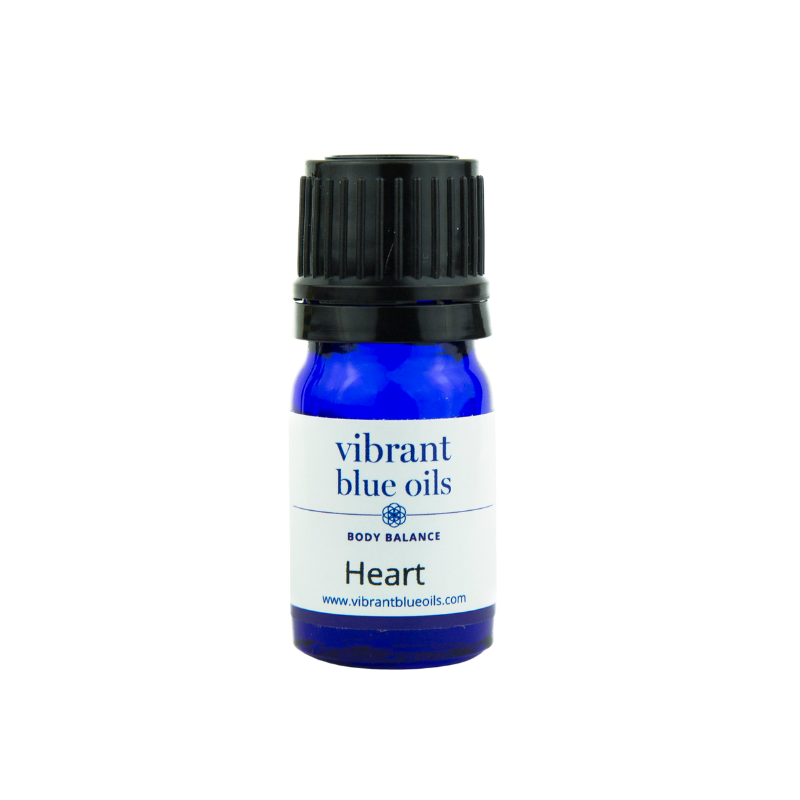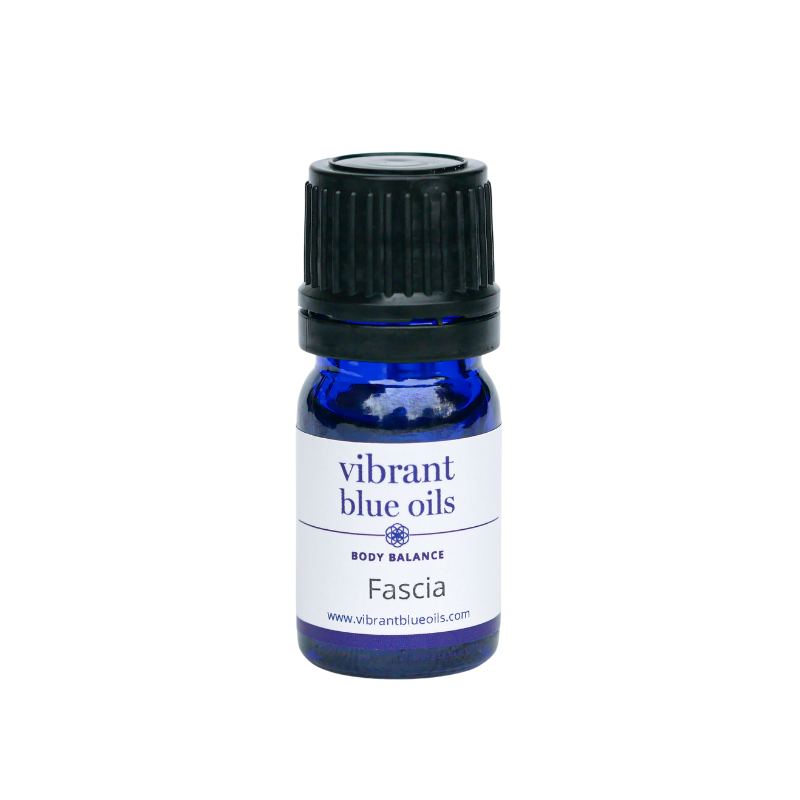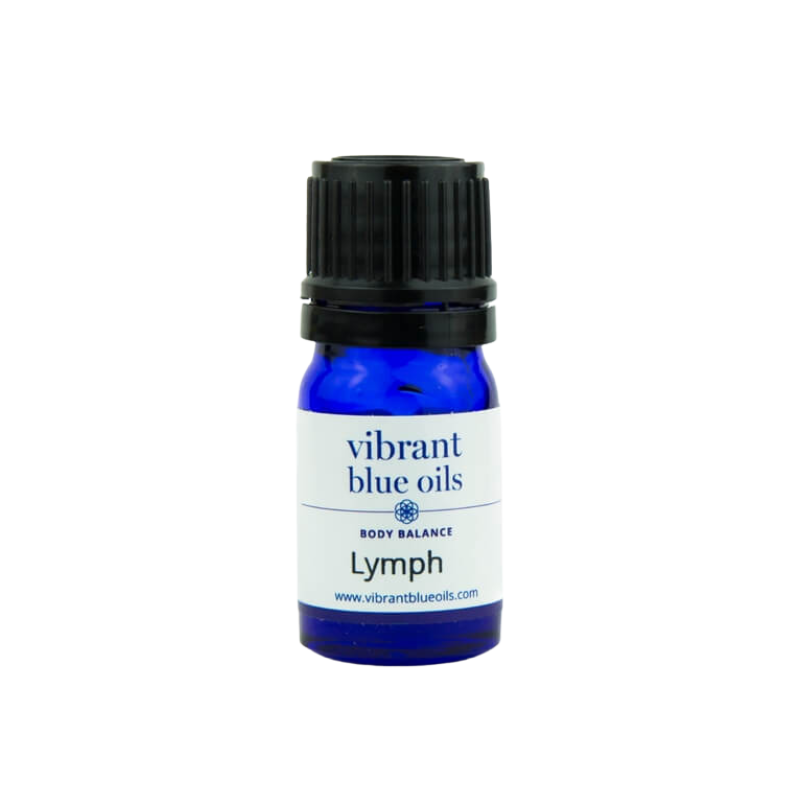Cedarwood
Cedrus deodora
Cedarwood essential oil, extracted from the wood pieces of a cedar tree, has been found to possess anti-inflammatory, antispasmodic, antifungal, tonic, astringent, diuretic, and sedative therapeutic properties
Research carried out on rats confirmed the sedative effects of cedarwood oil. The research actually stunted the olfactory pathway (sense of smell) and still found an increase in relaxation from exposure to cedarwood oil and its chemical constituent cedrol, leading researchers to conclude that cedarwood demonstrated “sedative effects regardless of the animal species or the functional state of the autonomic nerves, suggesting the mechanism of action is via a pathway other than the olfactory system.
There are several varieties of Cedarwood. This blend contains Himalayan Cedarwood (Cedrus deodara) which has been shown to reduce pain and inflammation in animal research. Other studies found that cedarwood inhibits the inflammatory leukotrienes that are responsible for the inflammation response (5-LOX), especially in relation to pain. Out of all of the Cedarwood species, the Himalayan cedarwood was the strongest 5-LOX inhibitor.
Frankincense
Boswellia carterii
Sourced from the resin extract from Boswellia carterii trees grown in Somalia, Frankincense helps support anxiety, nervous tension, and stress-related conditions. It can help fortify the mind. One recent study on rats indicated that essential oil can help improve memory retention and sharpen the mind.
Frankincense contains compounds known as sesquiterpenes that are known to cross the blood-brain barrier and increase oxygen around receptor sites in the emotional centers of your brain, like your hypothalamus and amygdala, helping to calm anxiety. Sesquiterpenes are C15 carbon chains that do not contain oxygen molecules but seem to pull oxygen in. This is one reason that when essential oils that are high in sesquiterpenes are topically applied to the brain or inhaled through the nose, oxygen levels seem to increase.
Frankincense also contains terpenes, which are strongly anti-inflammatory and protective over healthy cells. Research suggests that frankincense oil can be used to improve memory and your ability to learn.
Helichrysum
Helichrysum italicum
Helichrysum essential oil possesses anti-inflammatory, antioxidant, antimicrobial, antifungal, and antibacterial properties.
Helichrysum™ helps improve focus by enhancing blood flow to the brain. Research has shown that helichrysum lowers inflammation in blood vessels along with blood pressure and also increases smooth muscle function to improve blood flow and carry more oxygen to the brain which helps improve brain function.
Research has found that Helichrysum lowers inflammation due to several mechanisms: inflammatory enzyme inhibition, free radical scavenging activity, and corticoid-like effects.
Lavender
Lavandula angustifolia
Lavender essential oils help boost cognitive performance and concentration. More specifically, lavender oil helps calm anxiety to help enhance focus and concentration.
Research discovered that Lavender™ and linalool, a major constituent of Lavender™, were able to bind to the serotonin transporter which may have an inhibitory effect on serotonin reuptake. Limiting serotonin reuptake helps maintain proper serotonin activity, and proper serotonin activity promotes feelings of happiness and helps support important processes such as learning and memory.
Linalool has also been shown to modulate the transmission of GABA in your brain by activating GABA receptors, which helps to enhance the inhibitory tone of your brain, basically blocking brain signals that activate your stress response and calming your nervous system. A deficit of GABA contributes to anxiety and ADHD.
Research has found that GABA can improve focus and decrease ADHD symptoms. Additional research correlated lower levels of GABA with greater impulsivity and less inhibition.
Melissa
Melissa officinalis
Also known as lemon balm, Melissa essential oil is known for its ability to induce calmness, reduce anxiety, and improve cognition. Melissa essential oil is also considered a nervine substance, or a tonic for the nervous system to keep it healthy, and functioning properly, and prevent nervous disorders. This property of melissa essential oil can be useful for health concerns like vertigo, nervousness, and convulsions.
Melissa essential oil also demonstrates antidepressant and sedative properties. A 2013 study found melissa essential oil helped improve anxiety, depression, neuroprotectivity, and cognition. This could be attributed to the principal constituent limonene which has been correlated with anti-depressant effects and shown to lower anxiety and stress. Scientists think its calming, mood-lifting effects come from limonene’s ability to elevate serotonin levels in the brain. Serotonin is an important hormone and neurotransmitter that helps induce feelings of joy and relaxation.
Another study demonstrated Melissa’s ability to directly affect the brain and neurotransmitters. “The results indicate that essential oils obtained from Melissa officinalis leaf and Citrus aurantifolia leaf showed high acetylcholinesterase (an enzyme that catalyzes the breakdown of acetylcholine) co-inhibitory activities.” This means that Melissa inhibits the breakdown of acetylcholine, allowing this important neurotransmitter to perform its valuable cognitive functions for longer in the brain.
Acetylcholine plays a key role in memory, attention, and learning. Damage to the cholinergic (acetylcholine-producing) system in the brain and resulting acetylcholine deficits have been linked with the memory deficits associated with Alzheimer’s disease. Research has found that essential oils are some of the most effective tools to regenerate and heal these acetylcholine-producing systems.
Sandalwood
Santalum album
Harvested from the roots of the sandalwood tree, Sandalwood is known for its sedative properties and its ability to promote positive thinking, mental clarity, concentration, and focus.
Calming anxiety helps to free up the prefrontal cortex to enhance focus and concentration.
Scientific research found sandalwood to be effective in reducing levels of anxiety and easing anxiety symptoms.
Sandalwood has been shown to promote mental clarity, which is one reason it is often used during meditation and spiritual rituals. One study found that sandalwood’s main compound, alpha-santalol, elevated alertness, attentiveness, calmness, mood, relaxation, and vigor.
Sandalwood also has anti-inflammatory properties that can help reduce brain inflammation. Calming brain inflammation helps eliminate brain fatigue and enhance concentration and focus.
A 2014 study found that the active compounds in sandalwood can decrease inflammation markers in the body called cytokines. It is believed that these active compounds (santalols) act in a similar manner as ibuprofen and other non-steroidal anti-inflammatory drugs that act by inhibiting these inflammatory markers. The “observed anti-inflammatory properties of topically applied Sandalwood oils provide a rationale for use in products requiring anti-inflammatory effects.
Ylang Ylang
Cananga odorata
Ylang-ylang is a yellow, star-shaped flower that grows on the Cananga tree and is known to calm the mind and soothe the nervous system. It helps relieve mental fatigue, anxiety, and tension headaches and bring emotions into proper balance.
Research supports Ylang Ylang’s ability to increase blood flow, relieve inflammation, and calm anxiety to enhance focus. One study found that Ylang Ylang reduced anxiety and boosted self-esteem when it was either applied to the skin or inhaled.
Similar research explored the benefit of inhaling ylang-ylang essential oil to reduce blood pressure, improve cognitive functioning, and reduce anxiety. The research explored how the major active constituents of Ylang Ylang essential oil, including linalool, altered neurotransmitters related to mood after odor exposure. Research found that inhaling Ylang Ylang decreased dopamine concentration and increased the Serotonin precursor, 5-hydroxytryptamine (5-HT) in the brain.
